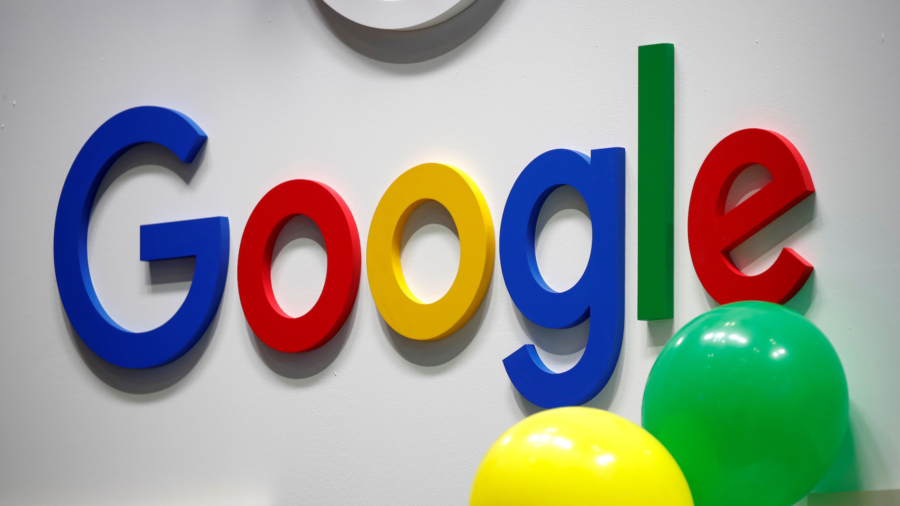Youtube and parent Google removed over 300 Trump presidential campaign ads last summer because they ostensibly violated their company policies—but fail to explain which policies, exactly, were violated.
In a survey by CBS’s 60 Minutes and presented in This Morning’s show on Sunday, the network discovered that over 300 ads from President Donald Trump’s re-election campaign were taken down, apparently because they violated the firm’s recently upgraded policies.
When asked by CBS host Lesly Stahl about the removal of any Trump ads, Google CEO Susan Wojcicki said, “There are ads of President Trump that were not approved to run on Google or YouTube.” When Stahl asked for an example, Wojcicki said, “Well, they’re available in our transparency report.”

60 Minutes did delve into the Google online transparency report, which keeps an archive of political ads but could only find there were 5,101 video ads, and roughly $3,891 was paid for them. However, over 300 of them were taken down. But the reason for their being censored is unclear, which led CBS to the conclusion, there is “very little transparency in the transparency report.”
When Stahl asked whether conservatives are correct in claiming to be discriminated against, Wojcicki replied: “Well, first of all, there are lots of very successful conservative creators on YouTube … Our systems, our algorithms, they don’t have any concept of understanding what’s a Democrat, what’s a Republican. They don’t have any concept of political bias built into them in any way. And we do hear this criticism from all sides. We also have people who come from more liberal backgrounds who complain about discrimination. And so I think that no matter who you are, we are trying to enforce our policies in a consistent way for everybody.”
Last month, the Republican National Committee (RNC) and the campaign of President Donald Trump rebuked Google’s new political advertising rules and accused the company of voter suppression.
“Google has made an extraordinarily poor decision which will lead to less-informed voters, lower voter engagement, and voter suppression,” according to a Nov. 26 joint statement by the campaign, the RNC, and the party’s senatorial and congressional committees.

Trump’s 2016 campaign was noted in media for a massive and sophisticated digital advertising campaign that took advantage, perhaps to an unprecedented degree, of the options to display ads to highly specified audiences.
The campaign was also continually improving and customizing its digital ads, producing close to 6 million different ads between the Republican conventions and Election Day, according to Trump campaign manager Brad Parscale, who was at the time responsible for the digital operation.
For 2020, it appears the campaign is ramping up an even more robust and sophisticated operation.
“There can be no denying that President Trump and his campaign have built the greatest digital operation in all of politics; and that Google’s decision will disproportionately impact both the Trump operation and all of the Republican candidates and organizations that derive strength from it,” the joint statement said.
Epoch Times reporter Petr Svab contributed to this report

